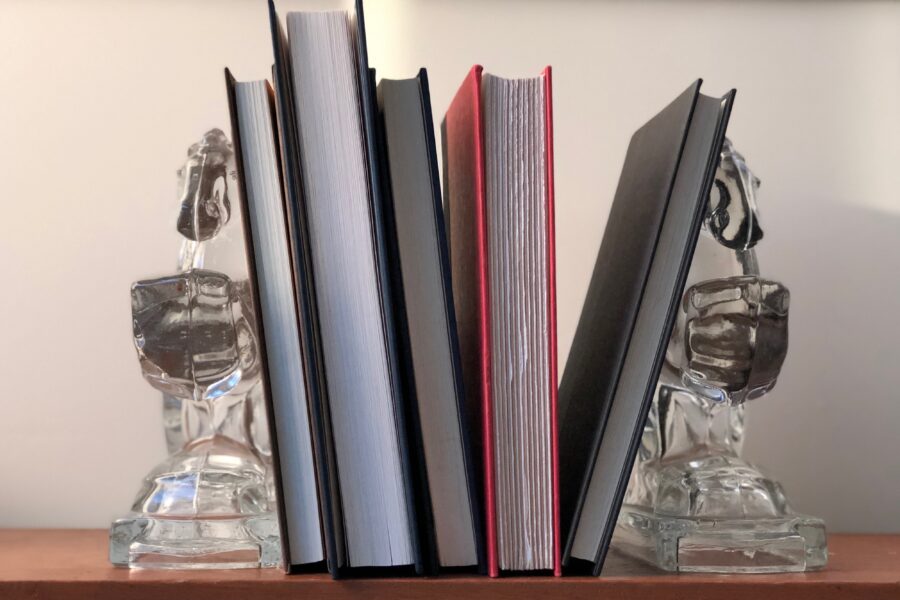I’ve been thinking a lot about my twenties. In particular, the drama. All those insatiable and untamable emotions hovering just beneath my skin, instantly accessible at the slightest provocation. Emotions that fueled over-the-top meltdowns filled with gut-wrenching pain and minute-long rants strung together with ingenious expletives. The meltdowns, in turn, producing crying so intense that my abs hurt for the next three days and I was forced to wear sunglasses indoors. It was a decade of pure agony. But, oh, those were the days.
Not everyone traverses this wilderness with the same fervor that I possessed. My twenties were filled with many of life’s biggest events: marriage, divorce, death, separation from my family, financial struggle. It was a decade of extremes, which my feelings accurately reflected. But I also came from a home where I witnessed volatility. My father–exhausted by the task of providing for five children, caring for a chronically ill wife and recovering from his own trauma–would explode on occasion. Which led my younger brother and me to tiptoe around his moods, careful not to trip over his live wire by leaving school bags and shoes in his path or angering our mother by ignoring our chores. In these instances, he seemed to grow to three times his normal size causing us to run for cover while he raged and banged about, finally retreating to his workshop or the garden in order to calm his nerves.
Outbursts were normal, and I carried with me a permission slip to do the same throughout my twenties. Risking my reputation, I confess that I have been known to sweep clean a tabletop just to emphasize a point; that I once punched the windshield of my Jeep Cherokee in anger only to watch it shatter before my eyes; that despite my sweet and agreeable exterior, I maintained a mighty volcanic interior that often erupted without warning. That is until my therapist informed me–after regaling him with details about the windshield incident–that grown-ups don’t behave this way. Come again? I looked at him as though he had just informed me that a word I’d been using my entire life was derogatory and offensive. In an instant, just like a light switch, I turned the drama off.
What followed were twenty years of (mostly) respectable adult living. I managed my feelings through exercise and meditation and self-help. I had kids and grew my patience ten-fold, teaching them how to communicate, to punch a pillow rather than each other, to consider the other person’s point of view. I stopped pointing fingers and paused before responding. I took classes and read books and traded in my habit of spectacle for responsibility and calm and perspective. In other words, I matured. That is until last year when my daughter turned 15, and all my grown-up behavior flew right out the fucking window. My light switch turned back on.
I won’t get into detail about my daughter’s version of a teenager. We’ve all lived it. We all know the longing for emancipation from our childhoods. The urgent desire to live in the adult world and be free from the rules and expectations of parents and teachers. We all remember the yearning to truly be able to choose for ourselves and, for instance, pick our clothes up off the floor when we want; put a dish in the dishwasher when we want; feed the dog when we want; throw out the trash when we want; hang up a wet towel when we want; take a friggin’ Uber to any friggin’ place, at any friggin’ time, whenever we friggin’ feel like it. Now, would you please get the hell out of my room!
At least she said please.
I understand the restless angst of a teenager impatient to begin adulthood. And I have practiced being a disciplined adult for quite some time. I’ve been counseled to not take any of it too seriously, to set boundaries, practice kindness, and ignore all reactive impulses. Still, that old drama of mine keeps showing up. Every eye roll sparks anger, every interruption boils up resentment, every rejection and look that says you have no idea brings me to my knees. She loves me and tosses me aside. Challenges my authority and begs for my attention. And while I know that I am looking in the mirror at a girl that I once was, I still protest that she should know better, skip over this combative and indulgent period in life, get a hold of those reckless emotions.
Recently, after a particularly infuriating stand-off, I broke down and had one of those deep, guttural sob sessions from my twenties. Though initiated by my frustration over our head-butting, my crying soon led to an untapped well of sadness over recent losses – my friend Carla, my family of origin spreading further apart, leaving a school that I helped build for nearly a decade. It was a snotty, loud, prolonged meltdown that, when finished, left me rung-out and vulnerable. Wiping away tears, I stumbled into the kitchen, put on my sunglasses and pulled out my laptop to work (distraction always the great equalizer). After a few minutes, my daughter came in and, without saying a word, plugged in her Echo and pulled up a playlist from her phone. She came over and put her arms around me, gave me an extra long squeeze and said, “It will all be okay.” And then she walked out, just as the twangy guitar chords of Here Comes the Sun started to fill the room. I smiled suddenly warm and thought of the two of us looking forward and back, perfect bookends to a rich, exciting and dramatic time of life. Mother and daughter–51 and 15–a perfect inversion of each other.







